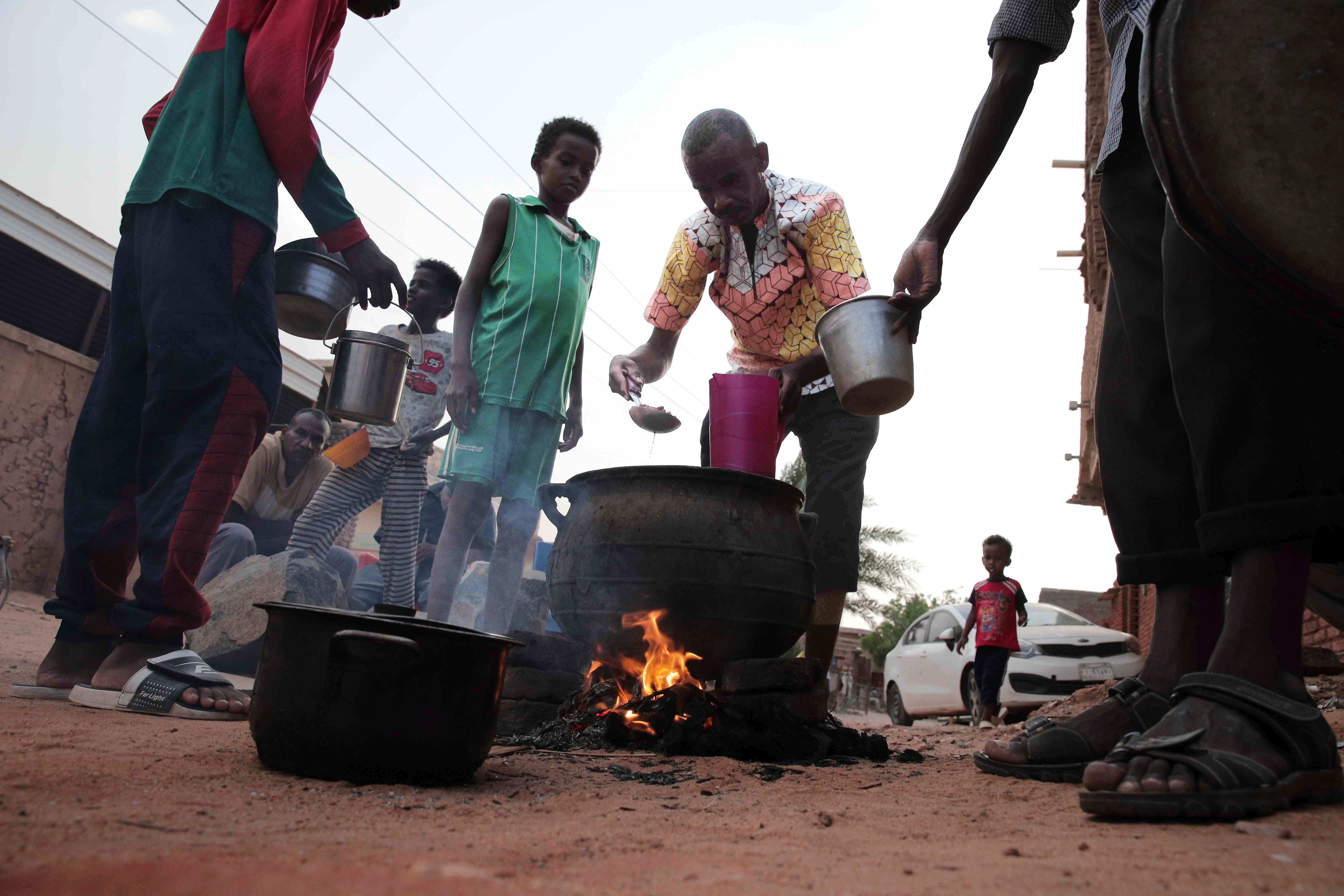UN hosts Mideast and European envoys to raise money for humanitarian crisis in Sudan
The United Nations has hosted a meeting of envoys from the Middle East and Europe in a bid to raise money to address Sudan’s deepening humanitarian crisis

Envoys from the Middle East and Europe attended a U.N.-hosted meeting Monday aimed at raising money to address Sudan's deepening humanitarian crisis.
Sudan has been rocked by fighting for over two months as the military and the paramilitary Rapid Support Forces battle for control of the country. Sudan’s Health Ministry said Saturday that more than 3,000 have been killed in the conflict, which has decimated the country's fragile infrastructure and sparked ethnic violence in the western Darfur region.
Representatives from Egypt, Germany, Qatar, Saudi Arabia, the African Union and the European Union met in Geneva to discuss helping Sudan. The U.N. says its emergency aid program launched after the war broke out April 15 has received less than 16% of the required $2.57 billion in aid.
Around 24.7 million people, over half of Sudan's population, are in need of humanitarian assistance, the U.N. says. Over 2.2 million people have fled their homes to safer areas elsewhere in Sudan or crossed into neighboring countries, according to the latest U.N. figures.
On Sunday morning, the country's warring forces began a three-day ceasefire, the ninth truce since the conflict began. Most cease-fires have foundered.
The conflict has turned the capital, Khartoum, and other urban areas into battlefields. The paramilitary force, commanded by Gen. Mohammed Hamdan Dagalo, has occupied people’s houses and other civilian properties, according to residents and activists. The army, led by Gen. Abdel-Fattah Burhan, has staged repeated airstrikes in densely populated civilian areas.
The province of West Darfur has experienced some of the worst violence. with tens of thousands of residents fleeing to neighboring Chad. The Rapid Support Forces and affiliated Arab militias have repeatedly attacked the province's capital, Genena, targeting the non-Arab Masalit community, rights groups say.
The province's former governor, Khamis Abdalla Abkar, a Masalit, was abducted and killed last week after he appeared in a televised interview and accused the Arab militias and the paramilitary force of attacking Genena. The U.N. and Sudan's military blamed the Rapid Support Forces in the killing. It has denied that.
Last week Martin Griffiths, the U.N.’s top humanitarian official, described the situation in West Darfur as a “humanitarian calamity.”
Bookmark popover
Removed from bookmarks